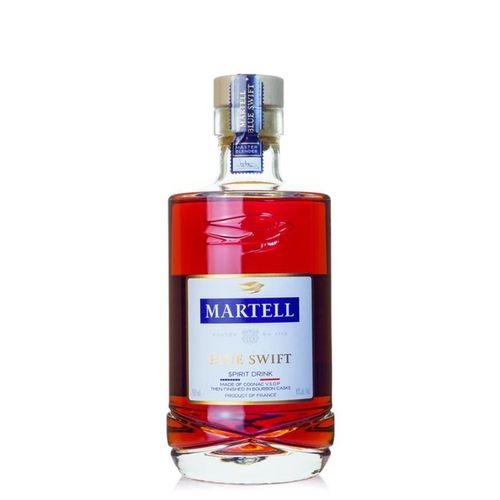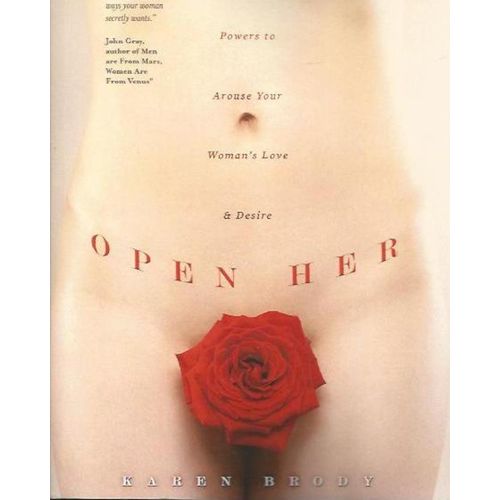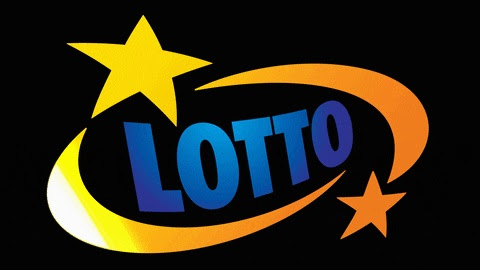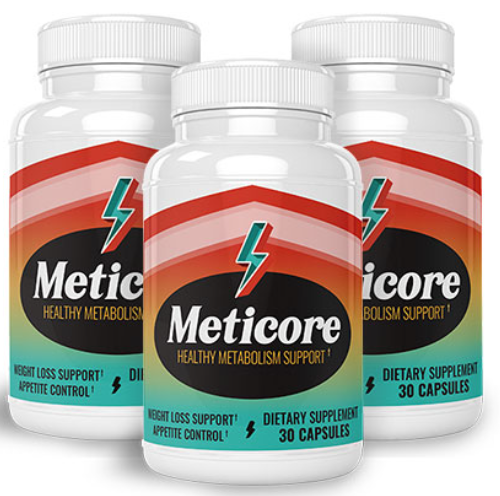There’s too much information in the world for our brain to process. So, we’re forced to filter it. If we don’t, we go nuts! And in that filtering-process, we develop shortcuts to ease the cognitive load of making decisions.
These shortcuts are called heuristics. A heuristic is a strategy we derive from previous experience with a similar problem. One heuristic that everyone knows is “trial and error,” a strategy for finding answers to problems we face. It’s also a way of thinking.
But trial and error is not always the most practical strategy. If we would rely on trial and error to build a career, we would probably die before achieving that goal. Life is too short for applying trial and error to everything.
Another heuristic that’s not practical is “social proof.” We often make decisions based on what others do or say. And my favourite heuristic is “familiarity.” It says that past behaviour that led to good results is not a guarantee for future results.
The familiarity heuristic also explains why we favour things and places we know over novelty.
It’s one of those things we see every day. We eat the same things, we walk the same route, we make the same mistakes, and we complete the same tasks at work. Over and over again. And then, we complain that our lives are stuck or boring.
No wonder, you’re making decisions based on familiarity. But who says that familiarity is always a good thing It’s good for certainty. But to achieve a breakthrough, you need something different.
Making decisions based on heuristic techniques might ease the cognitive load, but they are far from practical. And often, heuristics lead to unsatisfying outcomes. If that’s the case, take it as a sign that you must change something. Instead of relying on heuristics to filter information and make decisions, rely on the main idea of pragmatism True is what works.
But don’t take it too literally. “Taking drugs works for me,” is what a contentious friend told me after I shared this idea with him. And he’s right—you can’t take this idea too literally. But what can you take literally in life Take the platitude, “Good things come to those who wait,” for example. I don’t have to explain that it doesn’t mean you should sit at home and wait forever until “good things” happen.
Look at the “true is what works” idea as a filter that you can apply to all the information that goes into your brain. When faced with decisions, I ask myself “Will the outcome of a decision change the way I live” If you ask that yourself consistently, you’ll find that you automatically filter out useless information and only make decisions that have an actual impact on the outcome of your life.
You force yourself to use whatever works—what’s useful. And what impacts your habits. For example, conventional thinking says that bigger cities also bring you bigger opportunities. I really thought that was true. That’s even the main reason I moved to London. And yes, I did seize a big opportunity for me at the time.
But I also had bigger responsibilities and problems. Also, I don’t like big cities. I hate crowded places, dirty air, and unreasonably high cost of living. Clearly, living in a big city didn’t work for me. That way of thinking had a negative impact on the way I lived. That’s why I eventually moved back to Leeuwarden. It’s quiet, I know a lot of people here, I can work less, make more, and I can drive anywhere in the city within ten minutes.
However, I also realize that for most people, my way of living doesn’t work. They might find it boring or not exciting enough. So what Do what works for you.
RELATED POSTS
A (Very) Brief
History of Thinking
Be Yourself (Not
What You Should Be)
Clear Thinking
Requires Training
Don’t Try To Think
Your Way Out Of Everything
Inside Your Control
Vs Outside
Take Thinking Out
Of The Equation
Think About the
Details Even More





































